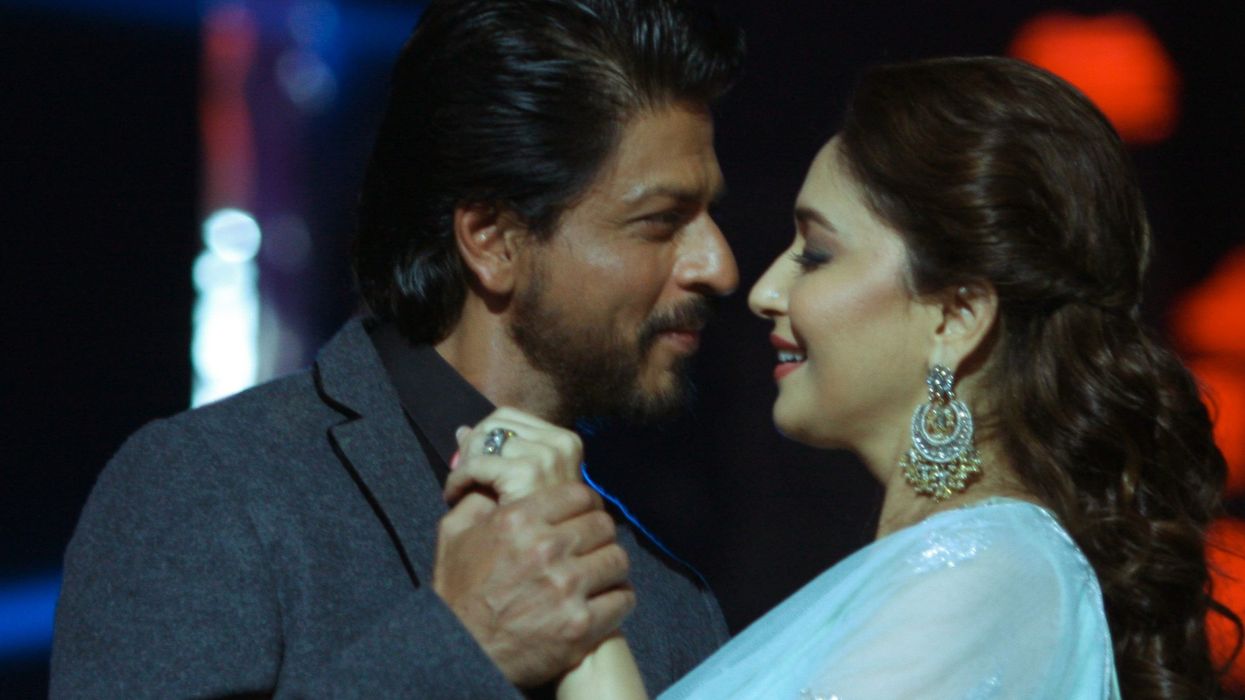Sanjay Leela Bhansali’s Devdas is undoubtedly one of the best films made in Bollywood. The movie starred Shah Rukh Khan, Madhuri Dixit, and Aishwarya Rai Bachchan in the lead roles.
On Monday, Devdas completed 19 years of its release. So, Shah Rukh Khan and Madhuri Dixit revisited the film by sharing some pictures from the sets.
Shah Rukh Khan tweeted, “All the late nights,early mornings,problems worked out bcoz of the gorgeous @MadhuriDixit ,the stunning Aishwarya,ever cheerful @bindasbhidu , full of life @KirronKherBJP & the whole team slogging under the masterful Bhansali. Only issue-the dhoti kept falling off! Thx for the love.”
Madhuri wrote on Twitter, “Reminiscing some great and happy memories from the sets of Devdas. Even 19 years later it all feels so fresh! Thank you Sanjay for sharing these. Will Cherish these forever! Here’s our ode to #DilipKumar, just like #Devdas, you will continue to live on…forever! #19YearsOfDevdas.”
Devdas had won five National Awards, Best Popular Film Providing Wholesome Entertainment, Best Playback Singer – Female, Best Production Design, Best Costume Design, and Best Choreography.
At Filmfare Awards, the movie won 11 awards including Best Film, Best Actor, Best Actress, Best Supporting Actress, and others.
Devdas has been made multiple times in Bollywood. It is based on the 1917 novel of the same name by Sarat Chandra Chattopadhyay.
In 1955, Bimal Roy had directed Devdas and it starred Dilip Kumar, Vyjayanthimala, and Suchitra Sen in the lead roles.




